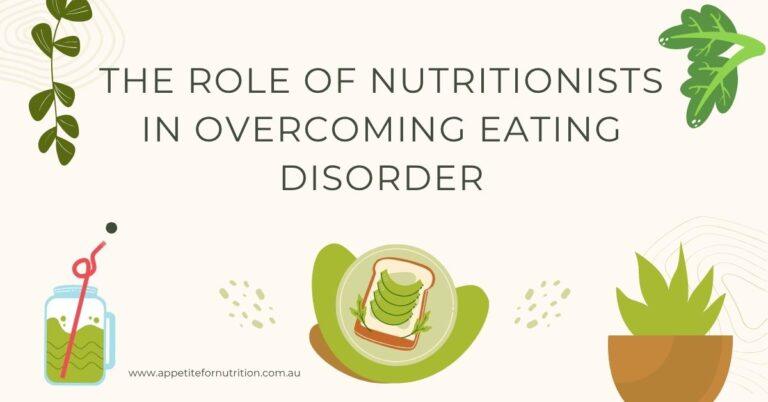
Eggs & Cholesterol
Ah, the age-old question continues — do eggs (or dietary cholesterol) actually raise your blood cholesterol?
Just when it seems settled, new research emerges to stir the pot again. So, what’s the truth in 2025? Let’s unpack what we really know, what’s changed, and whether eggs deserve their reputation.
What Is Cholesterol?
Cholesterol is a fat-like substance that your body needs for hormone production, vitamin D synthesis, and cell structure. It’s produced naturally by your liver, but you also get some from foods such as eggs, shellfish, meat, and dairy products.
Are There Different Types of Cholesterol?
Yes — and not all cholesterol is bad.
LDL (Low-Density Lipoprotein) — often called “bad cholesterol.” High levels can lead to plaque buildup in arteries, increasing heart disease risk.
HDL (High-Density Lipoprotein) — the “good cholesterol.” It helps remove excess cholesterol from your blood, protecting your heart.
Your goal isn’t to eliminate cholesterol — it’s to balance these types.
Does Eating Fatty Foods Cause High Cholesterol?
It’s not just how much fat you eat — it’s what kind.
Saturated and trans fats (found in fatty meats, butter, coconut oil, and processed foods) can raise LDL cholesterol.
Unsaturated fats (found in olive oil, nuts, seeds, and oily fish) can lower LDL and raise HDL, improving your cholesterol ratio.
The key: Replace saturated fats with unsaturated ones — not carbs or sugar.
So, What About Eggs?
Eggs have had a complicated history. They’re high in dietary cholesterol (about 200 mg per egg), which once led to fears they’d raise blood cholesterol levels.
But here’s what the latest science says:
For most healthy people, eating up to 7 eggs per week does not increase heart disease risk.
The Heart Foundation (2023 update) confirms that dietary cholesterol has minimal impact on blood cholesterol for the majority of people.
The biggest dietary drivers of high LDL cholesterol are saturated and trans fats, not cholesterol itself.
What the Research Shows
Recent meta-analyses and reviews (including data from Harvard, CSIRO, and the European Atherosclerosis Society) found that:
Eggs can fit into a heart-healthy diet when combined with plenty of fruits, vegetables, wholegrains, and healthy fats.
Egg consumption may even improve HDL cholesterol and blood sugar regulation, particularly when part of a Mediterranean-style or balanced eating pattern.
However, people with Type 2 diabetes, familial hypercholesterolaemia, or high cardiovascular risk should still monitor egg intake with the help of a dietitian.
Why the 2019 “Egg Controversy” Study Missed the Bigger Picture
A 2019 study (Zhong et al., JAMA) linked higher egg consumption to increased heart disease and mortality. But experts quickly pointed out major limitations:
Participants with higher egg intake also tended to smoke more, eat fewer vegetables, and consume more red and processed meat.
Dietary data were collected once at baseline — no updates were made over 30 years.
The study showed association, not cause and effect.
Since then, newer analyses have shown that eggs can be part of a balanced, heart-healthy diet when eaten in moderation and paired with nutritious foods.
How to Include Eggs in a Heart-Healthy Diet
Eggs are nutrient-dense, rich in protein, choline, vitamin D, and lutein, which supports eye and brain health.
Here’s how to make them part of your diet — safely and deliciously:
Limit added saturated fat — skip the bacon and butter; cook eggs with olive oil or avocado oil.
Add fibre — serve eggs with wholegrain toast, avocado, or veggies.
Mix up your proteins — alternate eggs with oily fish, legumes, or tofu.
Watch total intake if you have high cholesterol, diabetes, or heart disease.
→ 4–7 eggs per week is generally safe for most people.See a dietitian if you’re unsure how eggs fit into your cholesterol-lowering or NDIS meal plan.
The Dietitian’s Verdict
Eggs are not the enemy. The real focus should be on your overall eating pattern — not one food.
When part of a balanced, high-fibre, low-saturated-fat diet, eggs can absolutely support heart health.
The key is variety, moderation, and smart pairings.
Looking for a Heart-Healthy Meal Plan?
Our Accredited Practising Dietitians have designed evidence-based meal plans to support cholesterol management and overall heart health:
👉 Heart Health Meal Plan (7 Days)
Created to support balanced cholesterol and cardiovascular wellbeing.
👉 Plant-Based Heart Health Meal Plan (7 Days)
Perfect for those who prefer a vegetarian or flexitarian approach.
👉 Tailor-Made Meal Plans
Get a personalised plan from our dietitians, designed to meet your health goals and dietary needs.
References
Heart Foundation (2023). Eggs, dietary cholesterol, and heart disease – Position Statement.
Zhong VW et al. JAMA. 2019;321(11):1081–1095.
Drouin-Chartier JP et al. BMJ. 2020;368:m513.
CSIRO Total Wellbeing Diet (2024 update).
This blog was last updated October 2025.
Frequency Asked Questions
Looking for more information? Explore our FAQs for clear, evidence-based answers about nutrition services, NDIS dietitian support, Telehealth appointments, and meal planning programs.
For most healthy people, no. Research shows that dietary cholesterol from eggs has only a small effect on blood cholesterol levels. The biggest contributors to high LDL (“bad”) cholesterol are saturated and trans fats, not eggs.
Most people can safely enjoy up to seven eggs per week as part of a balanced, heart-healthy diet. If you have high cholesterol, diabetes, or heart disease, speak to an Accredited Practising Dietitian for personalised advice.
Current evidence shows no increased risk of heart disease for most people who eat eggs in moderation. The key is to combine eggs with vegetables, wholegrains, and healthy fats rather than processed meats or fried foods.
Egg whites are fat-free and high in protein, but the yolk contains most of the vitamins, minerals, and antioxidants. Unless you’ve been advised to limit cholesterol, whole eggs can fit into a balanced diet.
Yes — under professional guidance. For individuals with elevated LDL or a family history of heart disease, eggs can be included in moderation alongside a diet rich in fibre, plant foods, and unsaturated fats.
Yes. Eggs are a nutrient-dense source of protein, choline, vitamin D, and lutein. They support muscle maintenance, brain function, and overall health when eaten as part of a balanced diet.



